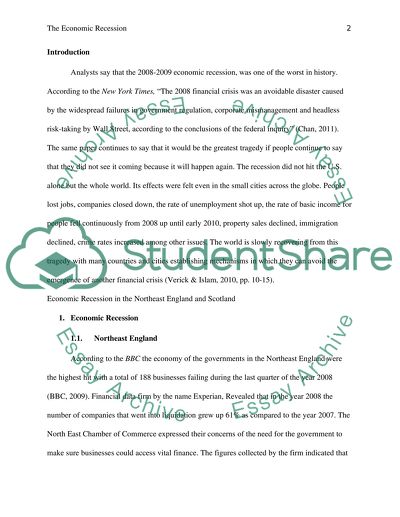Cite this document
(The Economic Recession in Northeast England and Scotland Research Paper, n.d.)
The Economic Recession in Northeast England and Scotland Research Paper. Retrieved from https://studentshare.org/macro-microeconomics/1447601-international-business-enviroment
The Economic Recession in Northeast England and Scotland Research Paper. Retrieved from https://studentshare.org/macro-microeconomics/1447601-international-business-enviroment
(The Economic Recession in Northeast England and Scotland Research Paper)
The Economic Recession in Northeast England and Scotland Research Paper. https://studentshare.org/macro-microeconomics/1447601-international-business-enviroment.
The Economic Recession in Northeast England and Scotland Research Paper. https://studentshare.org/macro-microeconomics/1447601-international-business-enviroment.
“The Economic Recession in Northeast England and Scotland Research Paper”, n.d. https://studentshare.org/macro-microeconomics/1447601-international-business-enviroment.


